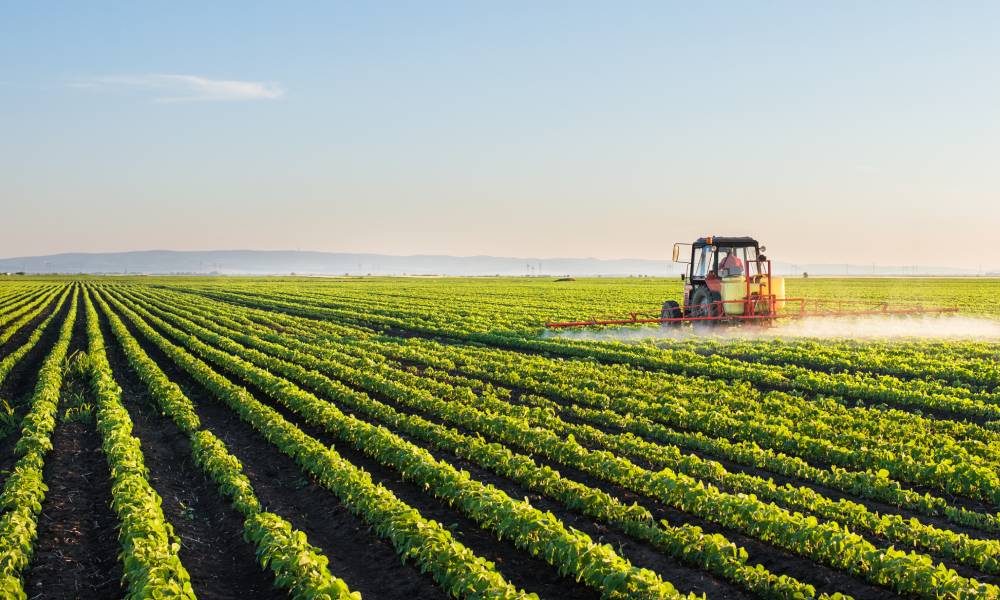Welcome to the world of farming, where the land meets opportunity, and dreams turn into reality. Starting your own farm is the beginning of an exciting adventure, and starting on the right foot is key. Whether you’ve grown up around farming or are venturing into agriculture for the first time, your decisions will shape your farm’s future. This guide provides tips you should remember when you’re starting a farm.
Selecting the Right Location
Location affects everything on a farm, from crop yield to livestock health. Consider the climate and terrain when choosing your farm’s site. A region’s weather patterns can influence what you grow and how well it thrives. Accessibility to water sources is another vital factor. Ensure that water is readily available for irrigation and animal needs.
Proximity to markets also matters. Being near buyers can save on transportation costs and make distribution smoother. Carefully weigh these factors when selecting a location that aligns with your farming goals.
Understanding the Soil
Healthy soil forms the backbone of any successful farm. Begin by understanding the different types of soil on your land. Soil testing provides insights into nutrient levels and potential deficiencies. Once you know what you’re working with, consider soil improvement techniques.
Adding organic matter like compost can enhance soil fertility and structure. Crop rotation and cover cropping also support long-term soil health. These practices ensure your soil remains productive and sustainable for years to come.
Farming for the Market
Choosing the right crops or livestock involves understanding market demands and trends. Explore what’s profitable in your region and align your choices with market needs. Growing popular produce or raising in-demand livestock can boost your profitability.
Engage with local farmers and agricultural organizations to gain insights into successful market strategies. Staying informed about consumer preferences and market conditions can help you make smart decisions for your farm’s growth.
Budgeting and Funding
Starting a farm requires a well-thought-out budget. Outline all potential expenses, from seeds and feed to labor and maintenance costs. Creating a realistic budget helps you manage resources effectively.
Beyond budgeting, explore funding options to support your venture. Government grants, agricultural loans, and crowdfunding platforms offer potential sources of financial assistance. A solid financial plan ensures you have the resources to sustain and grow your farm.
Farm Equipment Essentials
Equipping your farm with the right tools enhances productivity and efficiency. Prioritize essential equipment like tractors, plows, and irrigation systems based on your farm’s specific needs. Finding the right farming equipment that suits your size and scale can make all the difference.
Invest in reliable machinery that can handle the tasks at hand. Regular maintenance of equipment prolongs its lifespan and ensures smooth operations. Choose equipment that will last.
Farm Management and Planning
Effective farm management involves careful planning and organization. Develop a comprehensive farm plan that outlines your goals, production schedules, and resource allocation.
Scheduling tasks and keeping records provides clarity and accountability. Track planting dates, harvest yields, and financial transactions to make informed decisions. Employing farm management software can streamline these processes, freeing up more time for hands-on farming.
Sustainability and Environmental Practices
Adopting sustainable practices benefits your farm and the environment. Implementing eco-friendly techniques like crop rotation and integrated pest management preserves soil health and reduces chemical use.
Consider renewable energy sources such as solar panels to power your operations. Sustainable farming enhances productivity and demonstrates responsible stewardship of the land. Your environmental commitment boosts your farm’s reputation and attracts environmentally conscious consumers.
Congratulations on embarking on your farming journey. While challenges may arise, armed with the right knowledge and approach, success is within reach. These farming tips will help you start a successful farm. The decisions you make today set the stage for a prosperous tomorrow. Stay committed, stay informed, and never stop learning. Here’s to a future of bountiful harvests and thriving farms. Welcome to the world of farming—where your dreams come to life.




